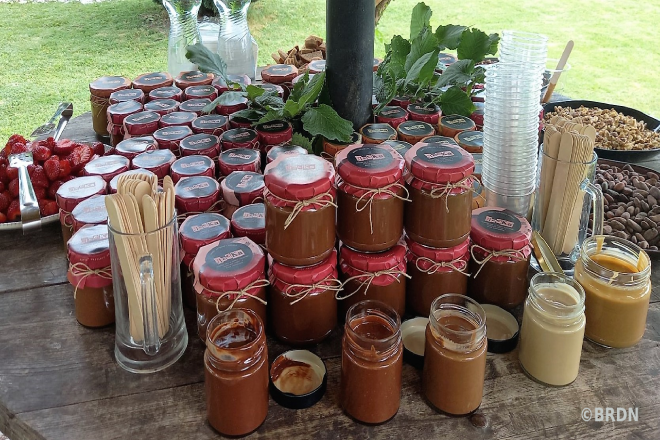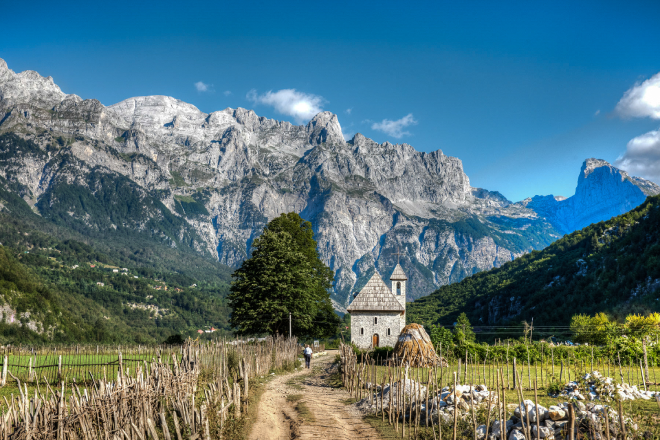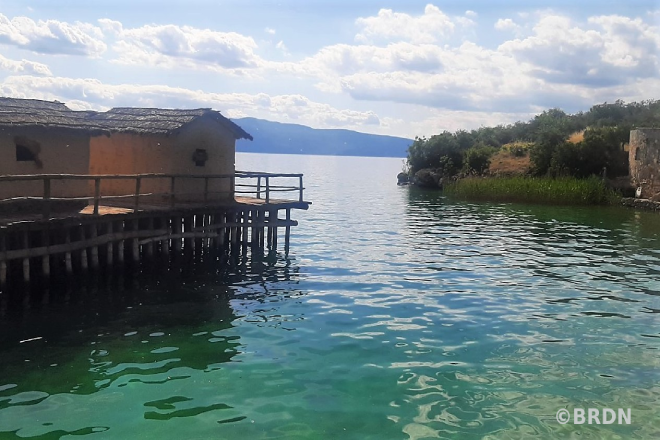NORTH MACEDONIA

| Title | Empowerment of local development partnerships through strengthening of regional and national development networks in the Western Balkan - Support to economic diversification of rural areas in Southeast Europe - SEDRA II |
| Type of project | Regional & Local Economic Development |
| Client | Deutsche Gesellschaft für Internationale Zusammenarbeit (GIZ) GmbH |
| Origin of funding | German Government through GIZ |
| Duration | 01.08.2022 - 31.05.2024 |
The overall objective of the regional programme SEDRA II is strengthening the potentials for increasing employment and incomes in the rural areas in the Southeast European countries in line with the EU approximation process and the Sofia Declaration. Participation of the local actors in less favoured rural areas in promotion of the cross-sectoral innovation and interregional knowledge exchange through the implementation of local projects, will ultimately contribute to inclusive, environmentally and climate friendly economic diversification, increase the attraction of the areas, improve the market access, encouraging young people and women to get more involved and contribute to reduced out-migration.
The relevant field of intervention of this assignment is Output 2, aiming to strengthen the capacities of existing regional and national cooperation structures for rural development.
Support shall be provided for joint learning and exchange, capacity-building of key actors in policy advocacy, strengthening of the key actor’s capacities to build functioning bottom-up models for participatory rural development and implementation of Community-Led Local Development (CLLD) approaches and LEADER actions for the development of the rural economy in the six Western Balkans (WB-6) countries.
The services include:
- Support the implementation of structures and delivery mechanisms for CLLD approaches and LEADER measures incl. Local Action Groups (LAGs)
- Support to projects of LAGs in selected regions to realize an enabling framework for diversification.
- Strengthening capacities of the Balkan Rural Development Network (BRDN) in:
- policy advocacy, communication and facilitation of networking
- establishment of thematic hubs for shared learning and cooperation with their members
- in feeding back results and implementation experiences into established policy and
- political dialogues and platforms
- Strengthening capacities of the National Rural Development Networks (NRDNs):
- in consolidating their role towards a functional model of bottom-up and participatory perspective in the national rural agenda for policy advocacy in the thematic hubs established by the BRDN and linked to the policy level






